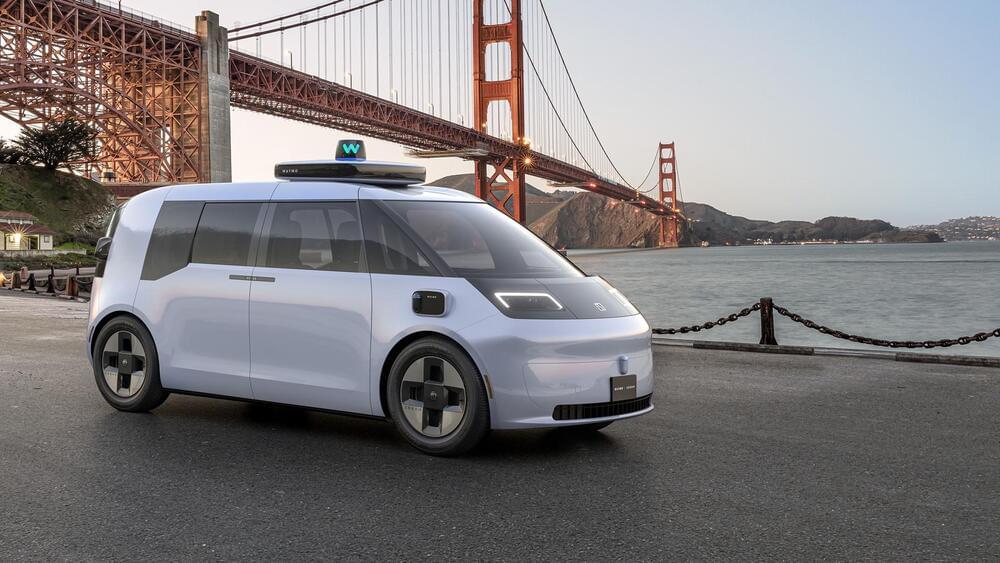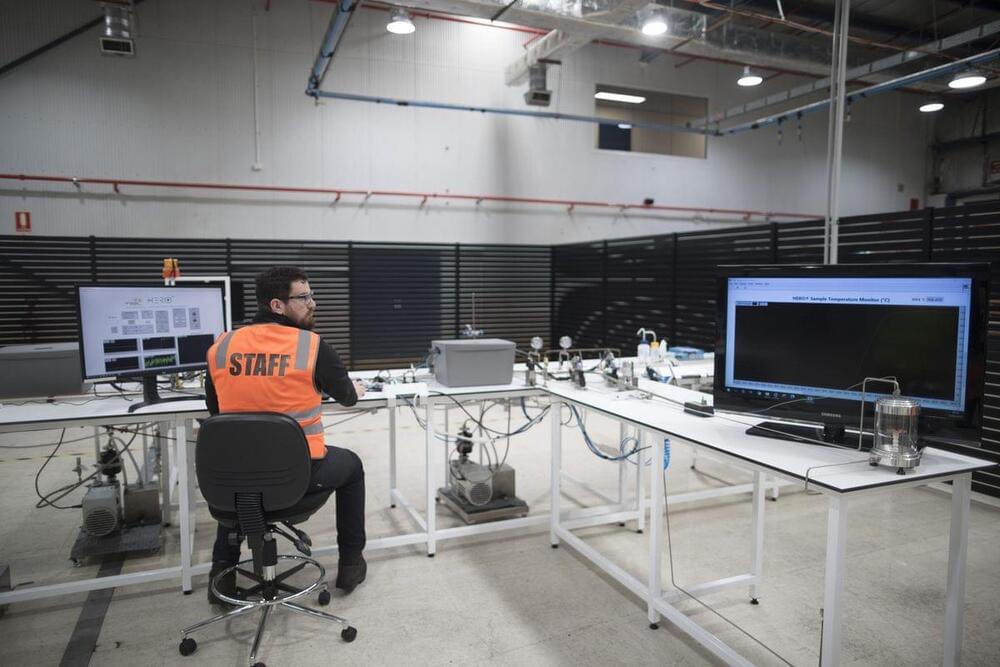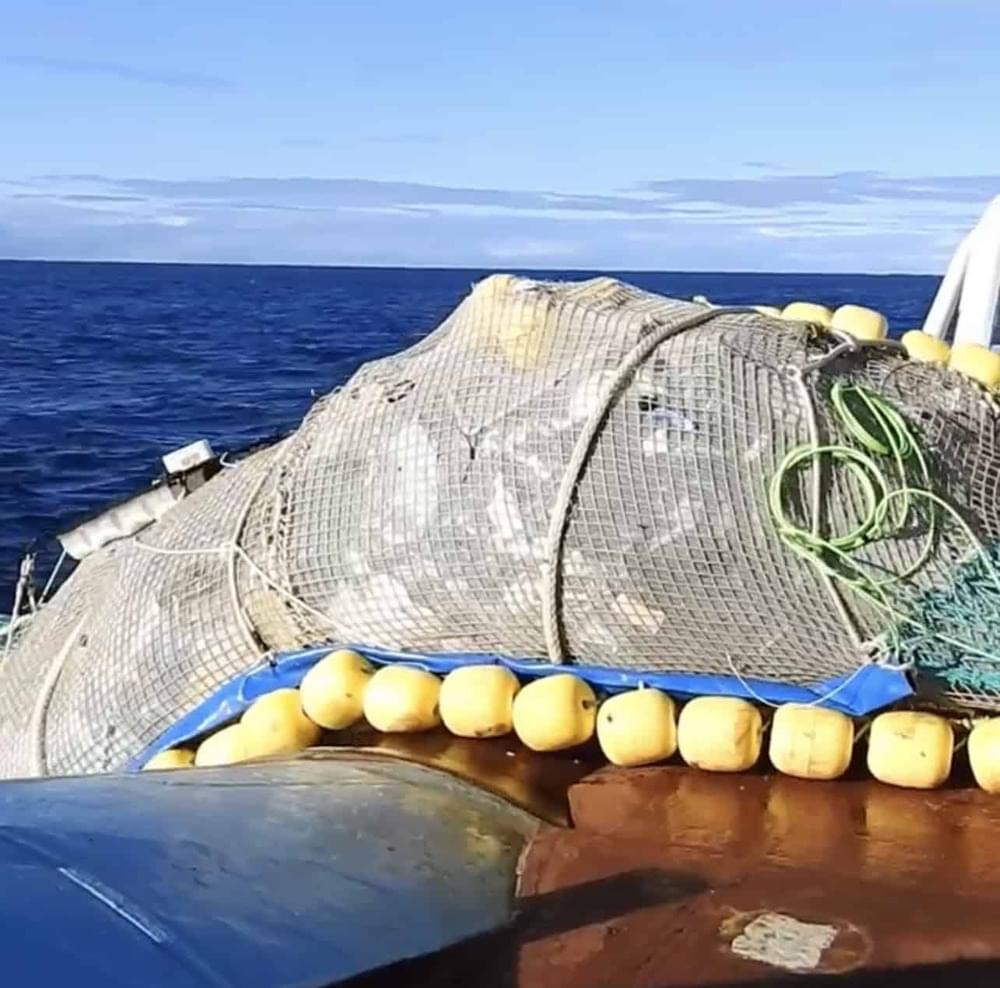
The flow of time from the past to the future is a central feature of how we experience the world. But precisely how this phenomenon, known as the arrow of time, arises from the microscopic interactions among particles and cells is a mystery—one that researchers at the CUNY Graduate Center Initiative for the Theoretical Sciences (ITS) are helping to unravel with the publication of a new paper in the journal Physical Review Letters. The findings could have important implications in a variety of disciplines, including physics, neuroscience, and biology.
Fundamentally, the arrow of time arises from the second law of thermodynamics: the principle that microscopic arrangements of physical systems tend to increase in randomness, moving from order to disorder. The more disordered a system becomes, the more difficult it is for it to find its way back to an ordered state, and the stronger the arrow of time. In short, the universe’s tendency toward disorder is the fundamental reason why we experience time flowing in one direction.
“The two questions our team had were, if we looked at a particular system, would we be able to quantify the strength of its arrow of time, and would we be able to sort out how it emerges from the micro scale, where cells and neurons interact, to the whole system?” said Christopher Lynn, the paper’s first author and a postdoctoral fellow with the ITS program. “Our findings provide the first step toward understanding how the arrow of time that we experience in daily life emerges from these more microscopic details.”









